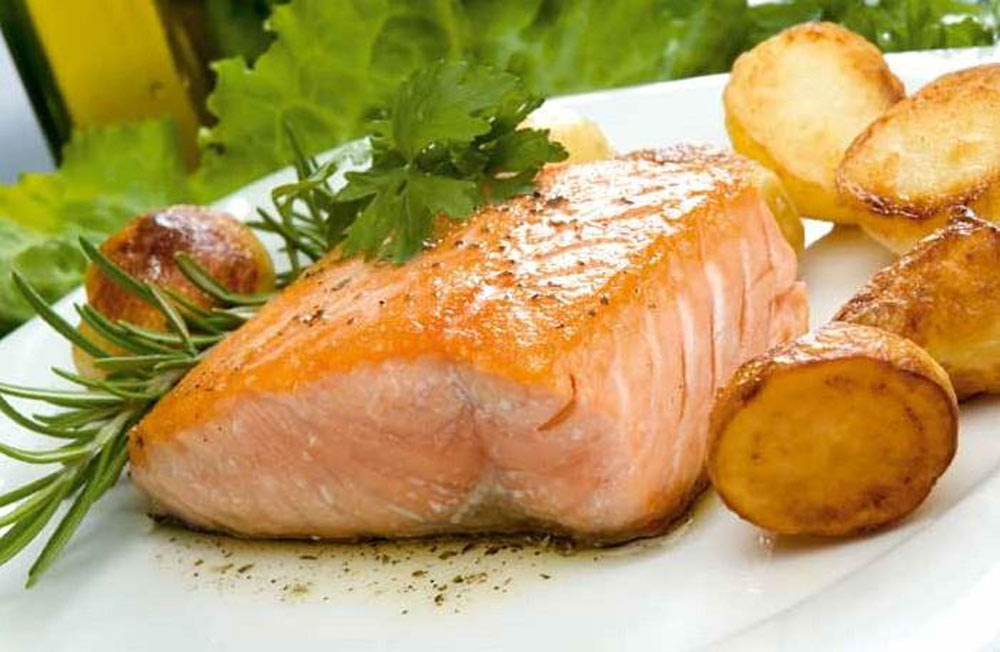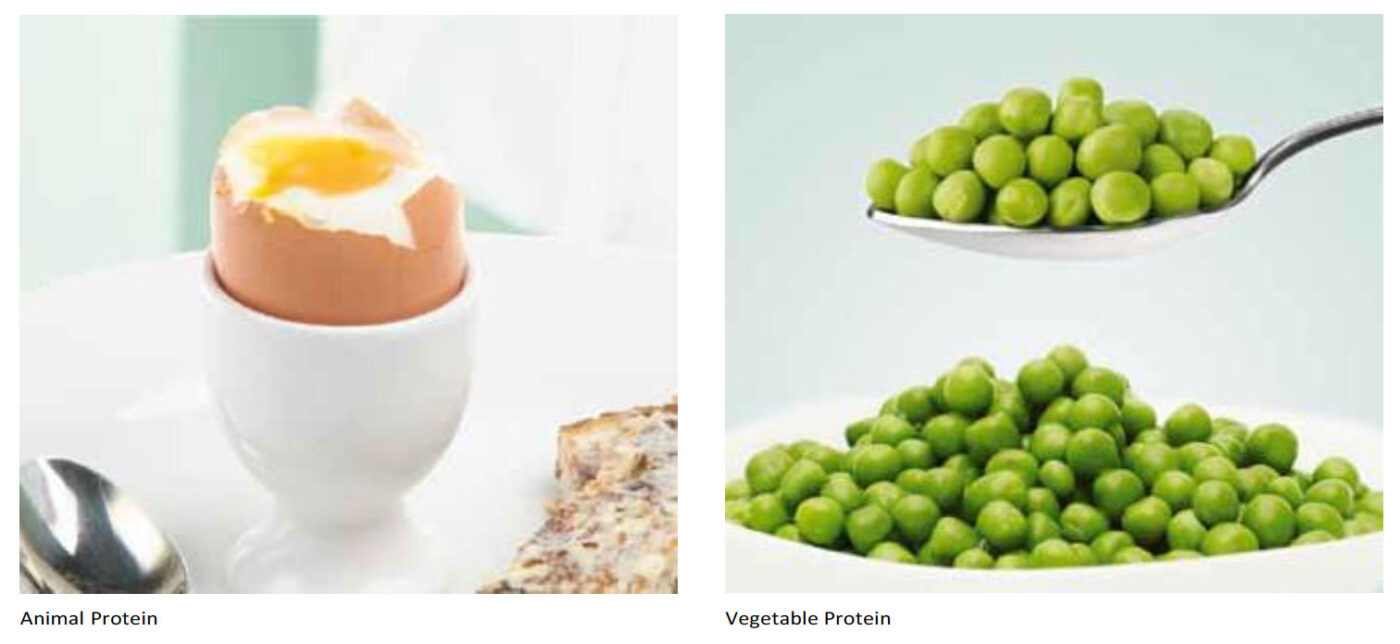NUTRITION
Protein Needs for training and bulking up
- Key Messages
- Benefits of Eating Well
- Energy Demands
- Carbohydrates
- Protein Needs
- Vitamins
- Hydration
- Special Needs of Players

Protein has been considered a key nutrient for sporting success by athletes of all eras and in all sports.
Protein has been considered a key nutrient for sporting success by athletes of all eras and in all sports. Ancient Olympians were reported to eat unusually large amounts of meat, but today’s players have access to a vast array of protein and amino acid supplements to help them increase their protein intakes.
Protein plays a key role in the adaptations that take place in response to training. Amino acids from proteins form building blocks for the manufacture of new tissue, including muscle, and the repair of old or damaged tissue. They are also the building blocks for hormones and enzymes that regulate metabolism and other body functions. Protein provides a small source of fuel for the exercising muscle.
Some scientists have suggested that endurance and resistance-training exercise will increase daily protein needs up to a maximum of 1.2-1.6 g per kg body weight (BW). This is 50-100% more than the recommended intake of 0.8 g/kg BW for a sedentary person. The evidence for this increase in protein needs, however, is not clear and universal. Part of the confusion is caused by problems involved in scientific techniques used to measure protein requirements.
The debate over the precise protein needs of players is largely unnecessary. Dietary surveys show that most players who eat enough to meet their energy needs already consume diets that provide protein intakes above 1.2-1.6 g/kg/d, even without the use of protein supplements. Therefore, most players do not need to be encouraged or educated to increase their protein intakes. Rather, anyone who consumes adequate energy intake from a variety of nutrient-rich foods should be confident of meeting their protein needs, including any increases that could arise from high-level training.
Players most at risk of failing to meet their protein needs are those who severely restrict their energy intake for long periods or who lack dietary variety. An adequate energy intake is also important in promoting protein balance or increasing protein retention.
Some resistance-trained athletes and body builders consume very large amounts of protein, but there is no evidence that such dietary patterns enhance the response to training or increase the gains in muscle mass and strength. While such diets are not necessarily harmful, they are expensive and can fail to meet other nutritional goals, such as providing the fuel needed to optimize training and performance.
Exciting new research shows that the most important factor in the protein story is the timing of intake rather than the total amount that is consumed. Recent studies have focused on the acute response to workouts of both endurance and resistance training. Enhanced protein balance is a desirable goal of the recovery phase – to overturn the increased rates of protein breakdown that normally occur during exercise and to promote muscle growth, repair, and adaptation following the exercise stimulus. These studies have found that the intake of small amounts (about 20-25 g) of high quality protein enhances protein synthesis during the recovery period.
Further work is required to fine tune guidelines for the optimum amount, type, and timing of intake of these nutrients and to confirm that these eating strategies lead to an enhancement of the goals of training.
In the light of this information, it appears sensible to focus on the total balance of the diet and the timing of protein-carbohydrate meals and snacks in relation to training, rather than on high protein intakes per se. Such a combination can look after refueling and protein recovery needs.
Protein rich foods – 10 g protein is provided by:
Animal protein (high quality)
2 small eggs
300 ml cow’s milk
20 g skim milk powder 30 g cheese
200 g yoghurt
35-50 g meat, fish or chicken
150 ml fruit smoothie or liquid meal supplement
Animal protein (high quality)
2 small eggs
300 ml cow’s milk
20 g skim milk powder 30 g cheese
200 g yoghurt
35-50 g meat, fish or chicken
150 ml fruit smoothie or liquid meal supplement
Vegetable protein
4 slices bread
90 g breakfast cereal
2 cups cooked pasta or 3 cups rice 400 ml soy milk
60 g nuts or seeds
120 g tofu or soy meat 150 g legumes or lentils
4 slices bread
90 g breakfast cereal
2 cups cooked pasta or 3 cups rice 400 ml soy milk
60 g nuts or seeds
120 g tofu or soy meat 150 g legumes or lentils
Special sports foods such as sports bars and liquid meal supplements can provide a compact and convenient way to consume carbohydrate and protein when everyday foods are unavailable or are too bulky and impractical to consume. The additional cost of these products and the fact that they contain only a limited range of nutrients must be taken into account. There is little justification for using very expensive protein-only powders or amino acid supplements. Everyday foods are likely to be just as effective, and perhaps even better.


